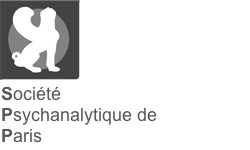|
Abstract:
|
Analyzing conceptualizations of motherhood in 1980s West German psychoanalytic debates, this article argues that, in the wake of what can be termed as a ‘turn to motherhood, ’ German psychoanalysis saw an unprecedented politicization of motherhood that followed from a conjunction of three distinct historical contexts: the integration of feminist theories of subjectivity into the psychoanalytic canon; the belated reception of the British object relations school; and the renewed attempt at grappling with the Nazi past. On the one hand, West German (female) psychoanalysts posited motherhood as a utopian space that allowed for uncorrupted forms of intersubjectivity in the form of an intimate and sexualized mother- child/mother-daughter relationship. On the other hand, and mirroring this ideal, motherhood, if not practiced correctly, could, according to psychoanalytically inspired thinkers in the late 1980s, also be a source of fascism.
|




